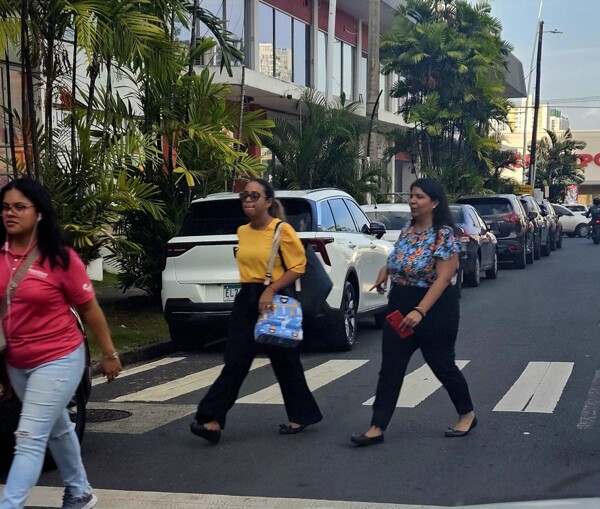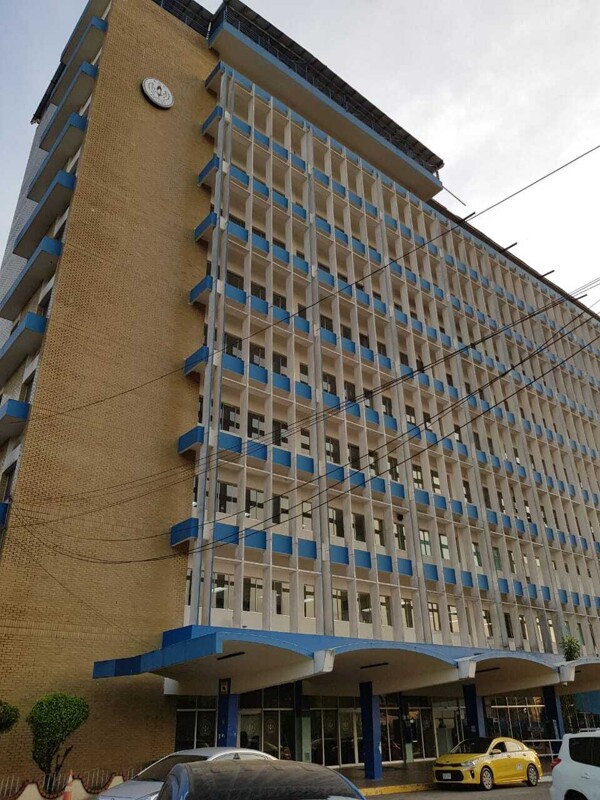Students continue protesting against Law 462 and the agreements between the United States and Panama to install U.S. bases on Panamanian territory. The rector of the University of Panama, Eduardo Flores Castro, criticized the president of the Republic for calling the institution a 'den of terrorists.'
On Monday, major public facilities in Panama, such as hospitals, schools, and construction projects, were paralyzed, while various indigenous regions mobilized in rejection of the economic and foreign policies of the government of José Raúl Mulino. The protests that began a month ago aim to reverse the controversial reforms to the Social Security Fund (CSS) that drastically reduce pensions.
Mulino's derogatory statements generated strong rejection from intellectuals and representatives of Culture and the Sciences, who defend the autonomy and transformative role of higher education. University students plan to march towards the Panama Canal Authority to demand compliance with the Treaty of Neutrality and the protection of the interoceanic route.
The Archbishop of Panama, José Domingo Ulloa, called for the unity of the Panamanian people in the face of internal and external threats. Striking doctors received support from the National Nurses Association in their demand for respect for democratic processes.
Amid political tensions, the Minister of Education labeled the strike as harmful and promised sanctions. Union leaders were arrested by the National Police, as were young university students. Union leader Eduardo Gil advocated for dialogue as an alternative to the strike, criticizing the government's authoritarian and derogatory stance.
Environmental organizations oppose the reopening of the copper mine in Donoso. The president of the Ngäbe-Buglé Regional Council supports the strike in defense of the CSS and rejects U.S. intervention. On the other hand, lawyer Antonio Vargas denounced that the government has ignored the right to strike and constitutional guarantees, which could lead to a complaint to the ILO for violations of labor rights. The suspension of external medical services and elective surgeries by Amoacss is in response to the belief that Law 462 harms contributing workers and weakens the country's health system.














